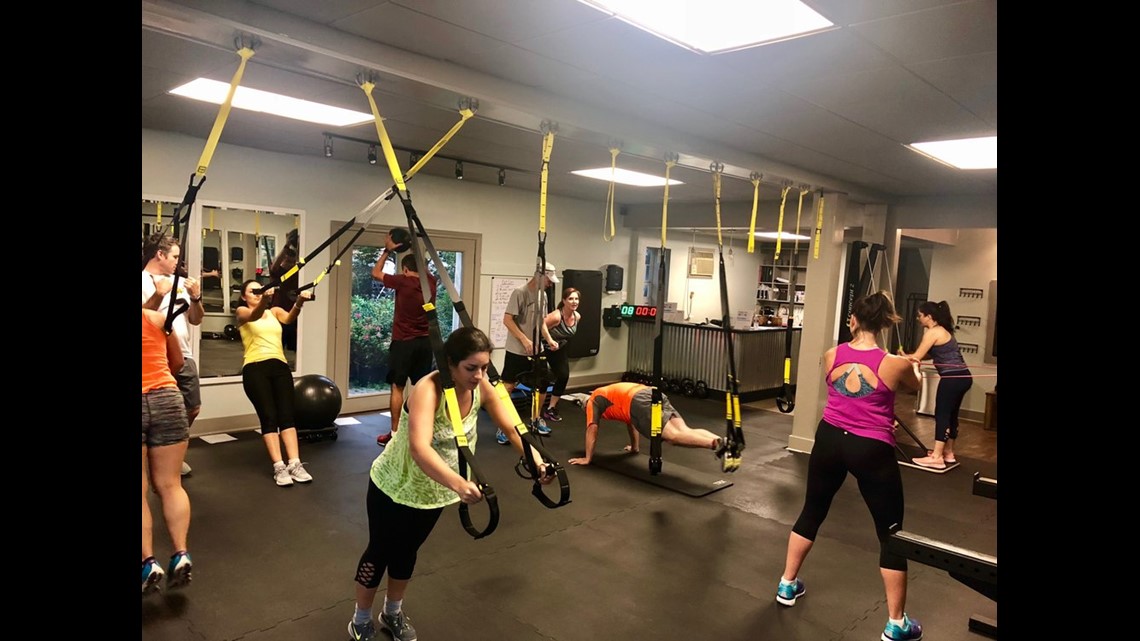Unleashing the Power of Wellness: The Role of Fitness Centers in Health and Happiness
Introduction:
In an era where sedentary lifestyles and desk-bound work have become the norm, the importance of fitness and well-being cannot be overstated. Fitness centers have emerged as vibrant hubs that cater to the physical, mental, and social dimensions of health. These establishments are not merely spaces for pumping iron or running on treadmills; they have evolved into holistic wellness centers that promote a balanced and active lifestyle. In this article, we will delve into the multifaceted aspects of fitness centers and their crucial role in fostering health and happiness.
Physical Fitness:
At the core of any fitness center is its commitment to enhancing physical well-being. State-of-the-art equipment, qualified trainers, and a variety of exercise programs cater to individuals with diverse fitness goals. Whether someone is aiming to lose weight, build muscle, or improve cardiovascular health, a fitness center provides the necessary resources and expertise. From free weights to cardio machines, yoga studios to swimming pools, these centers offer a comprehensive range of options to suit different preferences and fitness levels.
Mental Health:
Physical fitness and mental health Fitness Vic are interconnected, and fitness centers recognize the importance of nurturing both aspects. Regular exercise has been linked to reduced stress, anxiety, and depression, and fitness centers serve as havens for individuals looking to boost their mental well-being. Many centers incorporate mindfulness practices such as yoga and meditation, fostering a holistic approach to health. The positive impact of exercise on cognitive function and mood is a testament to the integral role that fitness centers play in promoting mental wellness.
Community and Social Interaction:
Fitness centers are more than just places to work out; they are social hubs that foster a sense of community. Group classes, fitness challenges, and team sports create opportunities for individuals to connect with like-minded people, breaking the isolation that can accompany modern lifestyles. The sense of camaraderie and support within a fitness center can be a powerful motivator, encouraging individuals to stay committed to their health and fitness goals.
Professional Guidance:
One of the key advantages of fitness centers is the access to professional guidance. Trained fitness instructors and personal trainers can tailor workout plans to individual needs, ensuring safe and effective exercise routines. This personalized approach helps individuals set realistic goals and navigate their fitness journeys with expert advice, reducing the risk of injuries and providing a structured path to success.
Technology Integration:
Modern fitness centers leverage technology to enhance the overall experience for their members. From fitness tracking apps and wearable devices to virtual workout classes, technology has become an integral part of the fitness landscape. These innovations not only make it easier for individuals to monitor their progress but also add an element of fun and variety to their routines.
Conclusion:
In the pursuit of health and happiness, fitness centers stand as beacons of wellness, addressing the physical, mental, and social aspects of an individual’s life. By providing a diverse range of resources, professional guidance, and fostering a sense of community, fitness centers play a vital role in empowering individuals to take charge of their well-being. As we navigate the challenges of modern living, the role of fitness centers becomes increasingly crucial in promoting a healthier and happier society.…